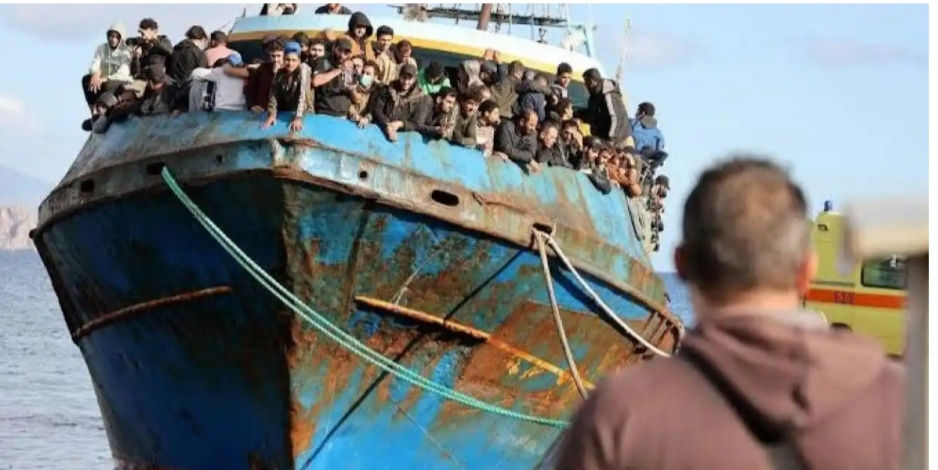The EU plans to return more illegal migrants back to their home countries.
- alicestarr399

- Feb 13, 2023
- 2 min read

The sharp increase in the arrival of unauthorized migrants in Europe lately, has revived the controversial debates in Europe about building border fences and asylum centers outside Europe to check the trend.
European Union ministers met to seek ways to send some migrants away as well as curb the irregular arrivals.
EU border agency Frontex said there were 330,000 illegal arrivals last year, the highest since 2016.
The Agency also found that the most increase was recorded on the Western Balkans route, according to a Reuters Report.
"We have a huge increase of irregular arrivals of migrants," said Home Affairs Commissioner Ylva Johansson who was among the 27 EU migration ministers.
"We have a very low return rate and I can see we can make significant progress here," Johansson added.
Denmark, the Netherlands, and Latvia feel that the most effective way to curb the illegal arrivals would be to put more pressure on visas and offer development aid to those countries that the EU feels decline to take back their citizens staying illegally in Europe.
These counties are about 20 and include Iraq and Senegal.
According to the EU's executive, only about a fifth of such migrants is sent back, with insufficient resources and coordination on the EU side being another drawback.
Their draft joint decision seen by Reuters showed that a summit of the EU leaders was expected to hold from Feb. 9-10 to also discuss more returns of migrants.
"The overall economic malaise makes countries like Tunisia change from a transit country to a country where locals also want to go."
"That changes things. But it's still very manageable, especially if the EU acts together," said an EU official.
While Denmark has held talks with Rwanda on handling asylum applicants in East Africa, others have called on the EU to fund a border fence between Bulgaria and Turkey.
Denmark's Immigration Minister Kaare Dybvad said, "We are still working to make that happen, preferably with other European countries but, as a last resort, we'll do it only in cooperation between Denmark and, for example, Rwanda."
Dutch minister Eric van der Burg had indicated that he was open to EU financing for border barriers.
In a recent report, Danish Refugee Council, an NGO, decried what it described as systemic pushbacks of people at the EU's external borders.
"EU member states continue making access to international protection as difficult as possible," the Danish Refugee Council said.
In contrast, Germany wants to open its job market to much-needed workers from outside the EU.
"We want to conclude migration agreements with countries, particularly with North African countries, that would allow a legal route to Germany but would also include functioning returns," Interior Minister Nancy Faeser said in Stockholm.
Illegal migration has been a thorny issue in Europe since 2015 when more than a million people crossed the Mediterranean in messy and deadly scenes that caught the EU off guard and fueled
anti-immigration sentiment, forcing the bloc to tighten its external borders and asylum laws.
Travels. Politics and Opinion.




Comments